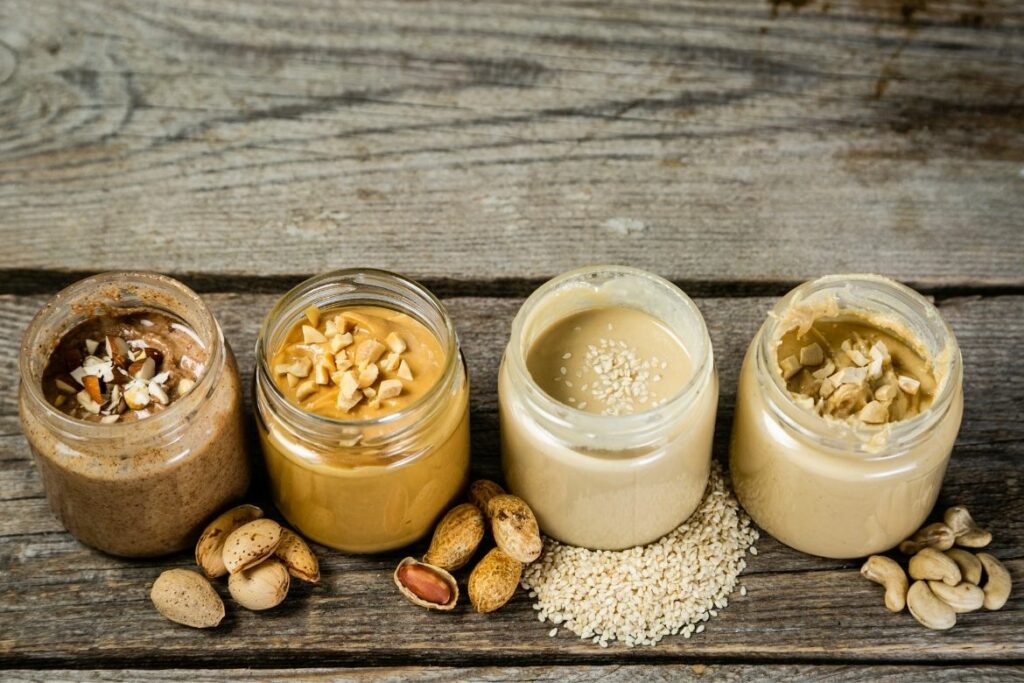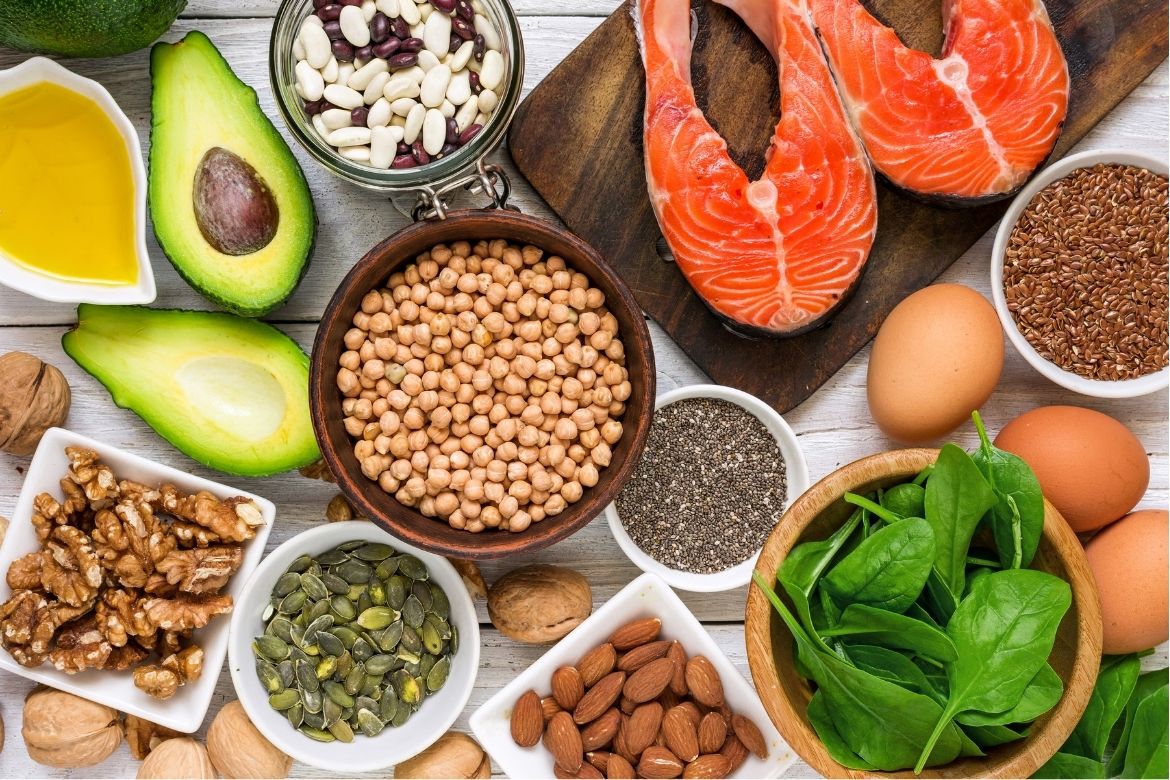Seasonal affective disorder (SAD), better known as seasonal depression, can be defined as a reduction in brain chemicals that help regulate mood, potentially resulting in periods of depression during certain times of year. Research shows that people with seasonal depression may have reduced serotonin, which helps regulate mood, and possibly too much melatonin, which helps maintain the normal sleep-wake cycle. The irregular brain chemicals can result in increased sleepiness, decreased activity, decreased vitamin D levels, which also play a part in managing serotonin levels, and other behavior changes.
According to the National Institute of Mental Health, treatment for SAD can involve light therapy, psychotherapy, antidepressant medication, and vitamin D supplementation. However, food can also help improve our mood during the winter months and promote production of serotonin and dopamine, which improves concentration and alertness. These are called neurotransmitters. They are made from the foods we eat, with high production seen after meals.
Serotonin is released after consuming carbohydrate foods, including fruits, dairy and starches. Made from the amino acid tryptophan, serotonin enhances calmness, improves mood, and lessens depression.
Dopamine and norepinephrine, which are released after consuming protein foods, such as meat, poultry, dairy, legumes, enhance mental concentration and alertness. Tyrosine is the amino acid that produces dopamine and norepinephrine.
Good foods for winter health can help improve mood and lessen the effects of SAD. Focus on choosing foods high in fiber, and low in saturated fats. Pairing carbohydrates and protein sources with meals and snacks will help you feel full and satisfied for longer. Foods that support a healthy immune system include:
- Low-Fat or Non-Fat Yogurt: Containing live bacteria cultures, yogurt can help support a healthy gut throughout the winter months. Yogurt is also high in protein, vitamin D and calcium. When choosing yogurt, look for little or no added sugars. Yogurts with added fruit tend to have higher amounts of sugar. By choosing plain yogurt, and adding your own fresh fruit or spice such as cinnamon, you can add flavor without adding a ton of sugar. This also adds antioxidants, which may also help improve mood.
- Dark Green Leafy Vegetables: Packed full of B vitamins, dark green leafy vegetables, such as spinach, kale, bok choy, mustard greens, and collards, are crucial for brain function and may boost energy levels. These vegetables can be eaten raw, such as in a salad, or cooked in soups or as side dishes.

- Omega-3s: Omega-3 fatty acids also support brain health. Fatty fish such as salmon and tuna, are great sources of omega-3 fatty acids. Foods containing fatty acids can help reduce inflammation, and support healthy digestion. This can help you feel less bloated and sluggish.

- Nuts and Seeds: Nuts and seeds are full of protein and heart-healthy fats. They are quick and easy to consume, with little to no preparation. You can sprinkle nuts and seeds on cereal and a salad, or use nut butter on whole grain bread. When choosing nut butters, look for nuts as the only ingredient, no added sugars or salt. You can even make your own by blending your favorite nut in a blender. Almonds, walnuts, and peanuts are all great examples of sources of omega-3. Flaxseed and chia seeds are great examples of seeds high in omega-3. These can be added to yogurt with fruit and cinnamon, a smoothie, or sprinkled on salads.

- Antioxidant Foods: Most foods contain antioxidants. However, foods such as broccoli, potatoes, peppers, citrus fruits and berries contain a host of beneficial antioxidants that can help improve mood and may reduce symptoms of seasonal depression. Food sources of antioxidants pack the most value to your health versus supplements. Frozen alternatives to these foods are also a great choice, since many fruits and vegetables taste best when they are in season. Be sure to include a variety of color every day when choosing fruits and vegetables.

While combining these foods may lead to reduced symptoms of seasonal depression, activity and movement are also beneficial to boosting serotonin levels during the winter months. Whether that is going to the gym, or doing an at-home workout, movement is known to produce beneficial levels of serotonin, dopamine, and norepinephrine that can enhance mood and help with digestion.
Written by: Registered Dietitian Kali Alrutz
Kali provides in-person therapy in our South Hills location. If you’re interested in working with Kali, you can reach us at 412-322-2129 or email us at info@counselingwellnesspgh.com to get started. Or contact us here.





